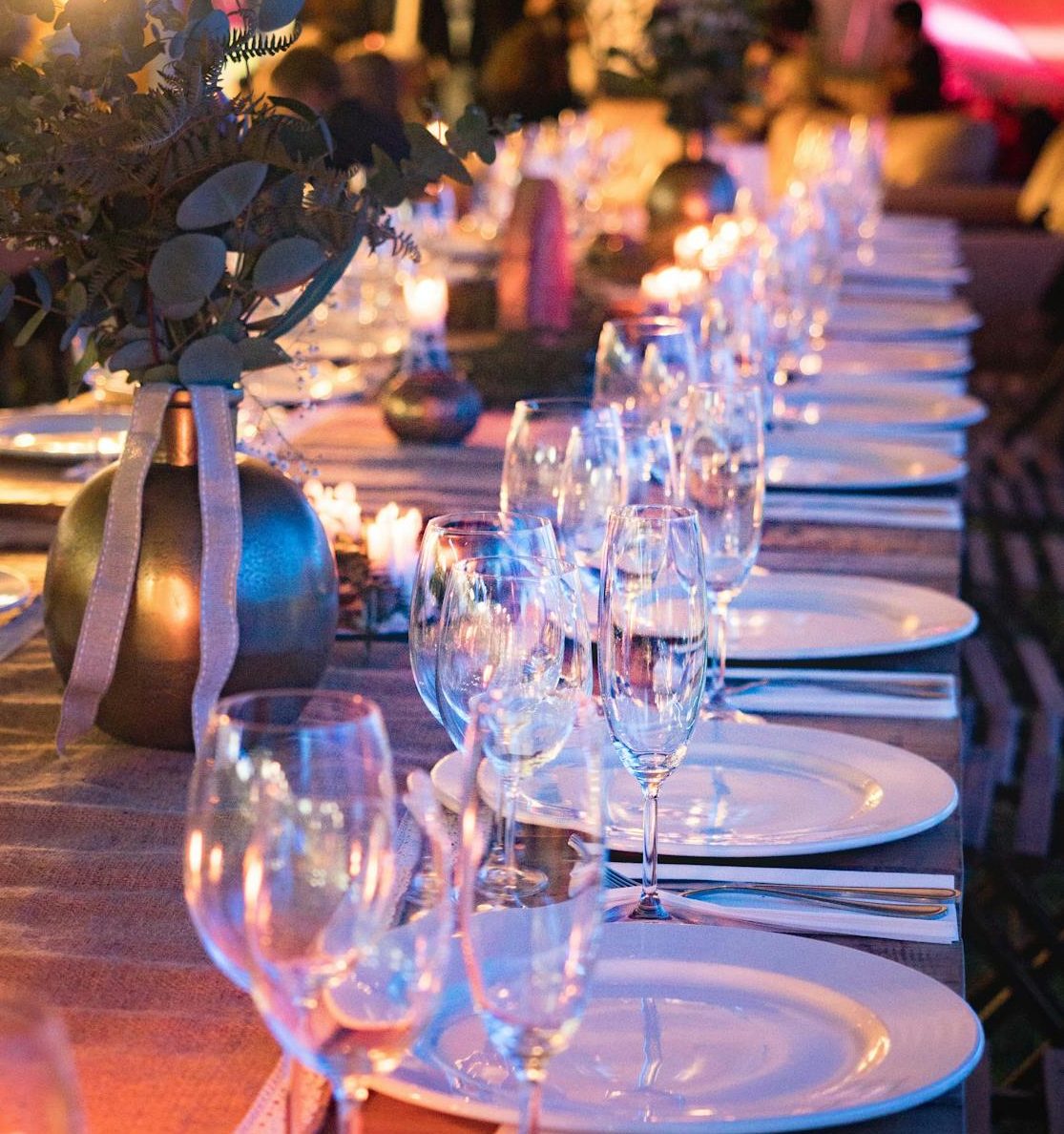When my biological father rose to make a toast at my wedding, asserting he had been the one providing the perfect celebration, I was stunned to silence. The reality, however, was quite different: not a single penny came from him. The true benefactor behind the scenes watched quietly from across the room, carrying a heavy heart.
The reception room was bathed in a soft, golden glow reminiscent of a flawless sunset wrapping up the day. Delicate strings of fairy lights draped the ceiling, while smooth, jazzy tunes flowed through the space, adding warmth and charm.
Nearby, my new husband mingled by the bar with friends, laughter filling the air. My mother was seated with her sisters, quietly dabbing her eyes to preserve her makeup. Daniel, my stepfather, remained at our table, meticulously folding his napkin into the familiar triangle shape he always made at family dinners.
Every detail seemed flawless. A sense of harmony enveloped the evening.
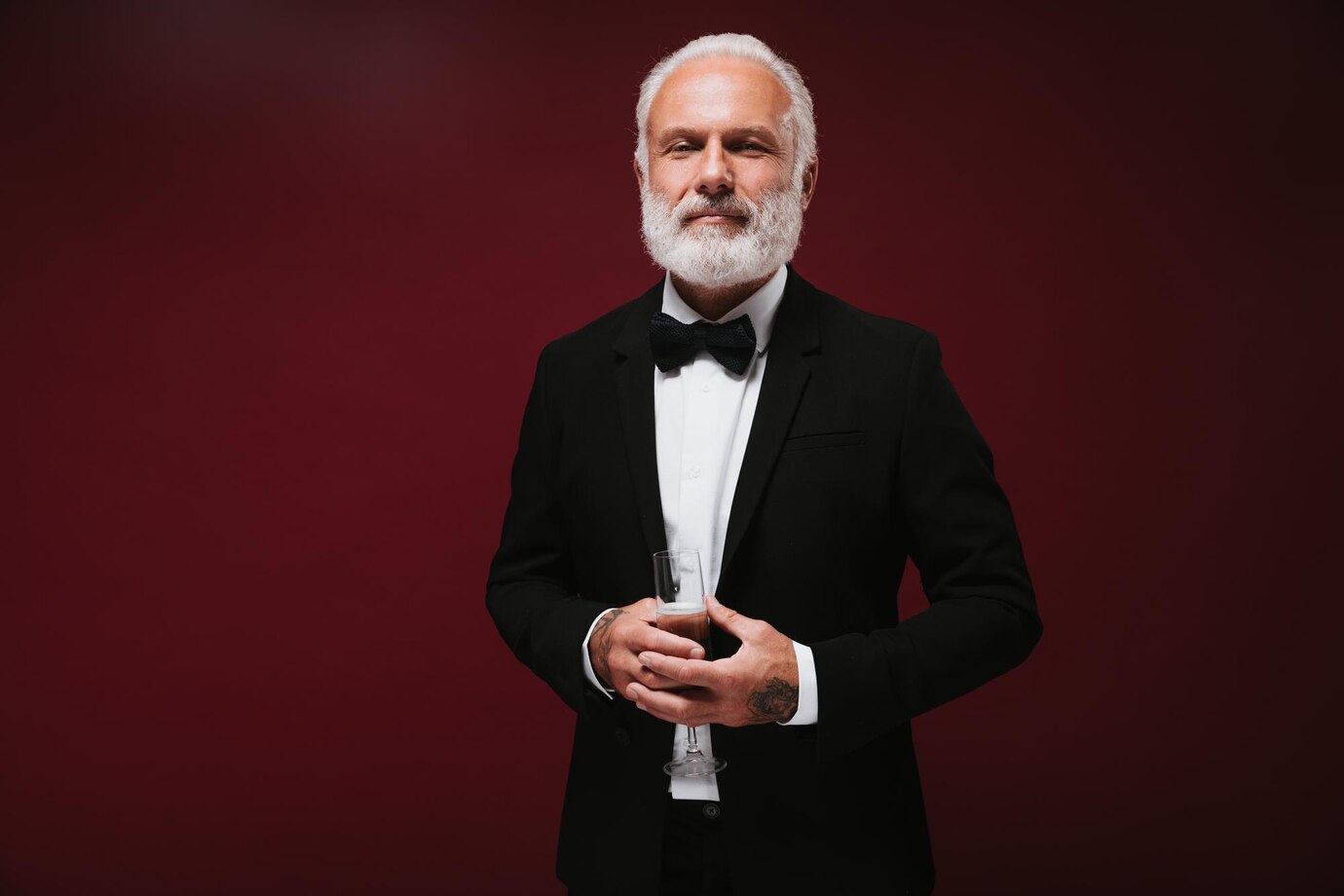
Taking a deep breath, I reached for the folded note tucked carefully in my purse. My prepared speech was brief—expressing gratitude simply and clearly, with a heartfelt thank you reserved especially for Daniel.
Then, unexpectedly, my biological father rose. He had arrived late and was already under the influence of a couple of glasses of wine. Raising his drink as if at a high school reunion, he announced loudly, “May I say a few words?”

The room nodded and a smattering of applause followed. Smiling, swaying slightly, he lifted his glass higher and declared, slurring just enough to be noticed, “Since the day she was born, I dreamed of giving her a beautiful wedding. And today, I have made that dream come true—because that’s what a father does.”
In that moment, my thoughts escaped the room. I no longer felt myself in a wedding dress celebrating my thirtieth year. Instead, I was six years old again, recalling the night my parents separated.

My mother had sat me down on the kitchen floor one evening, holding my stuffed bear in one hand and gently cupping my face with the other. She softly said, “For now, it’s just going to be us, sweetheart.”
She truly meant it. My father never said goodbye nor did he call to explain; he simply disappeared.
From that point, he would call at most twice a year—typically on Christmas and my birthday. But by age ten, even these calls ceased. I sat on the porch eating cake, watching shades of pink spread across the sky while Mom comfortingly advised, “Don’t waste your birthday waiting for someone who won’t show up.”
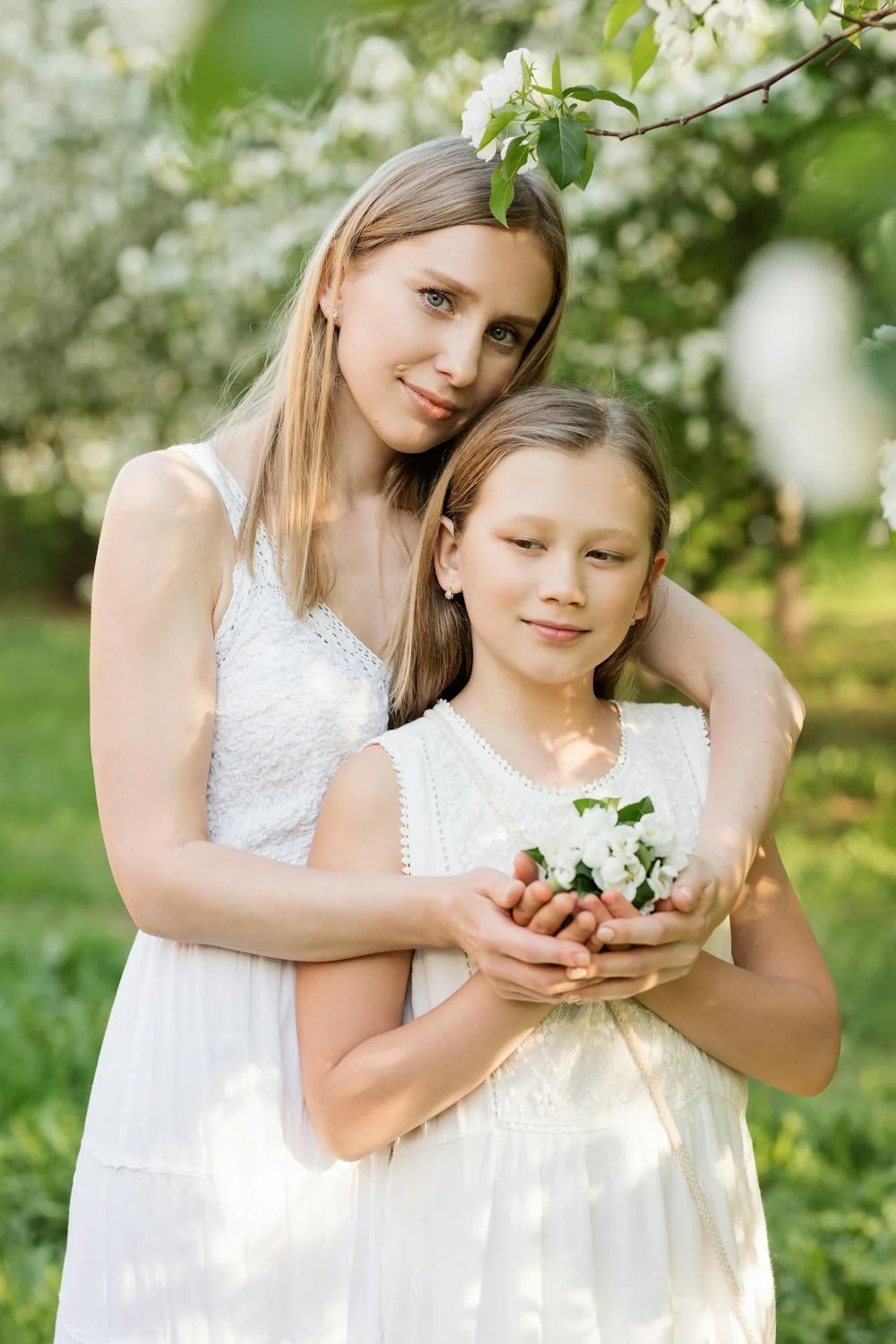
Occasionally, he sent a check. Sometimes the funds didn’t arrive, and once, a check bounced. I learned never to rely on him. He missed significant milestones—my first dance recital, science fair, and even my first heartbreak. Despite this, I held onto hope that one day he might unexpectedly appear.
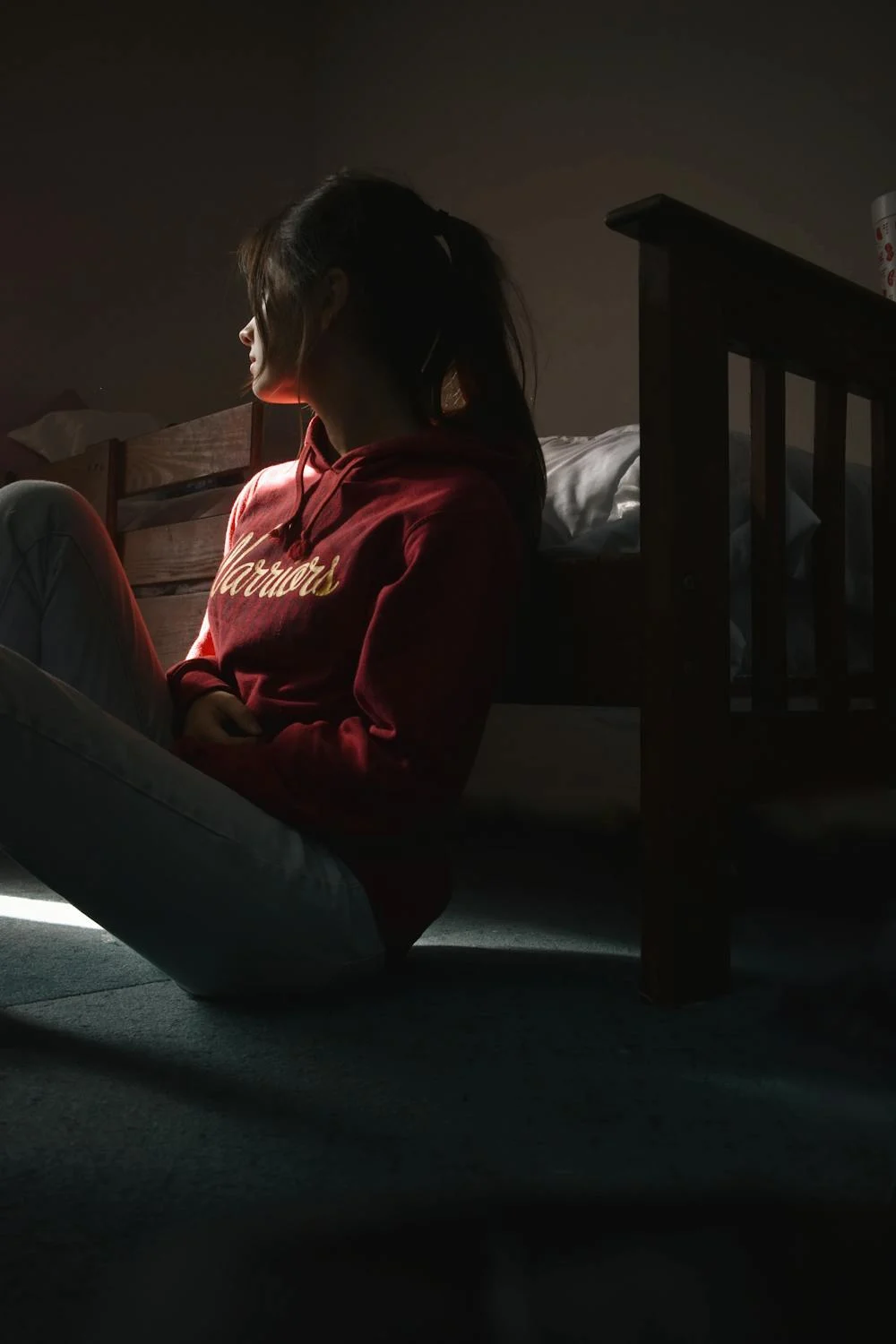
His true presence, however, was limited to Facebook. On academic achievements, he commented on Mom’s posts with flattering remarks like, “So proud of my girl!” or “Knew she’d make it!” without ever offering practical support or financial help.
On the contrary, Daniel was the embodiment of support and love.

My mom met Daniel when I was eight—a kind-eyed man with slow, deliberate speech and glasses. On their third date, he presented me with a puzzle. As Mom prepared dinner, we assembled it together at the table. He praised my skills finding the edge pieces first, saying, “You’re good at this.” I smiled shyly; he smiled back, “You’re not bad.”
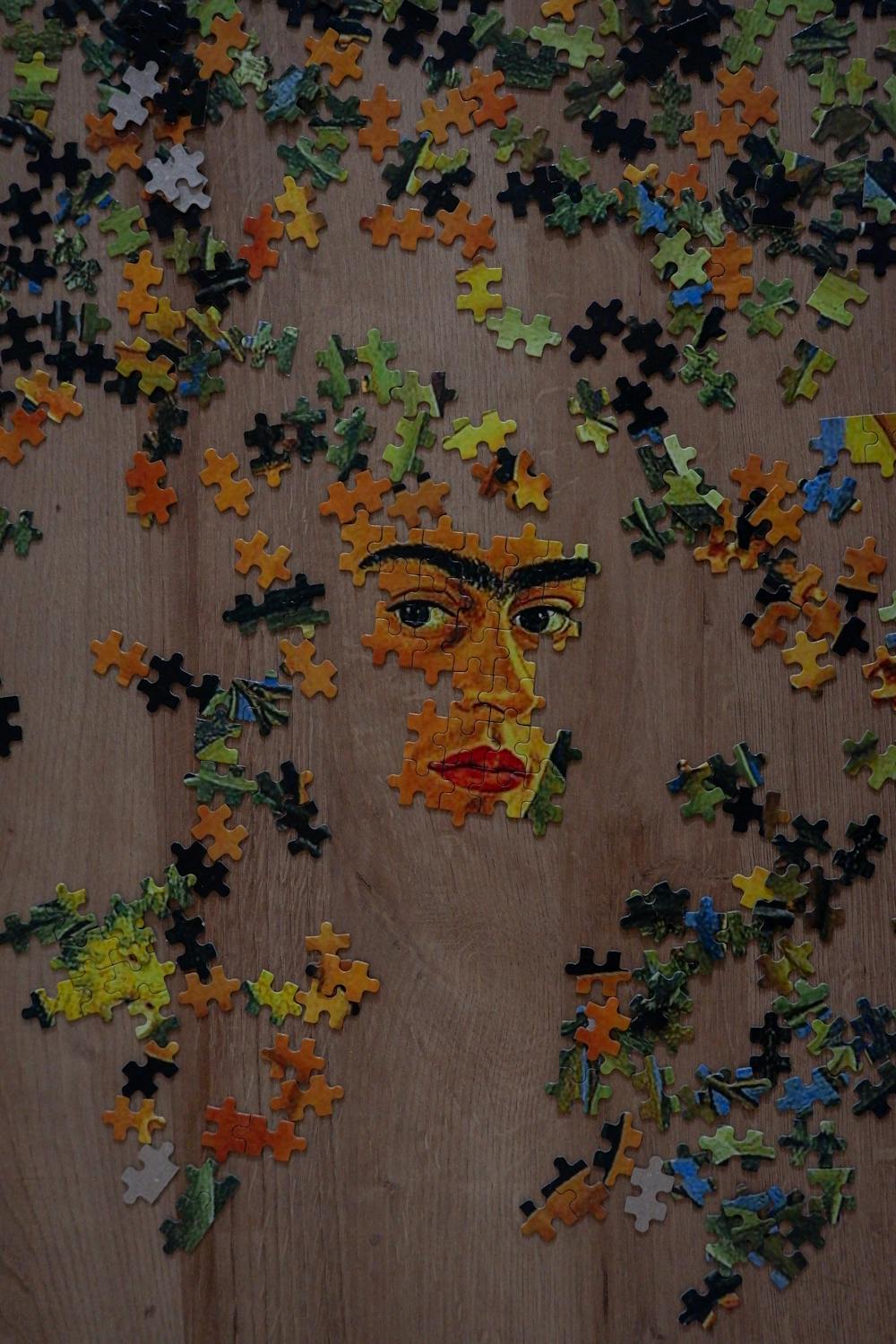
By the time I was ten, they had wed. Though I hesitated to call him “Dad” publicly at first, in private, sometimes I did. He never pressured me; instead, he consistently showed up.
When our soccer coach resigned, Daniel volunteered to take over, arriving early, leaving late, and bringing extra drinks. He attended every school play—even when my role was as insignificant as a tree.
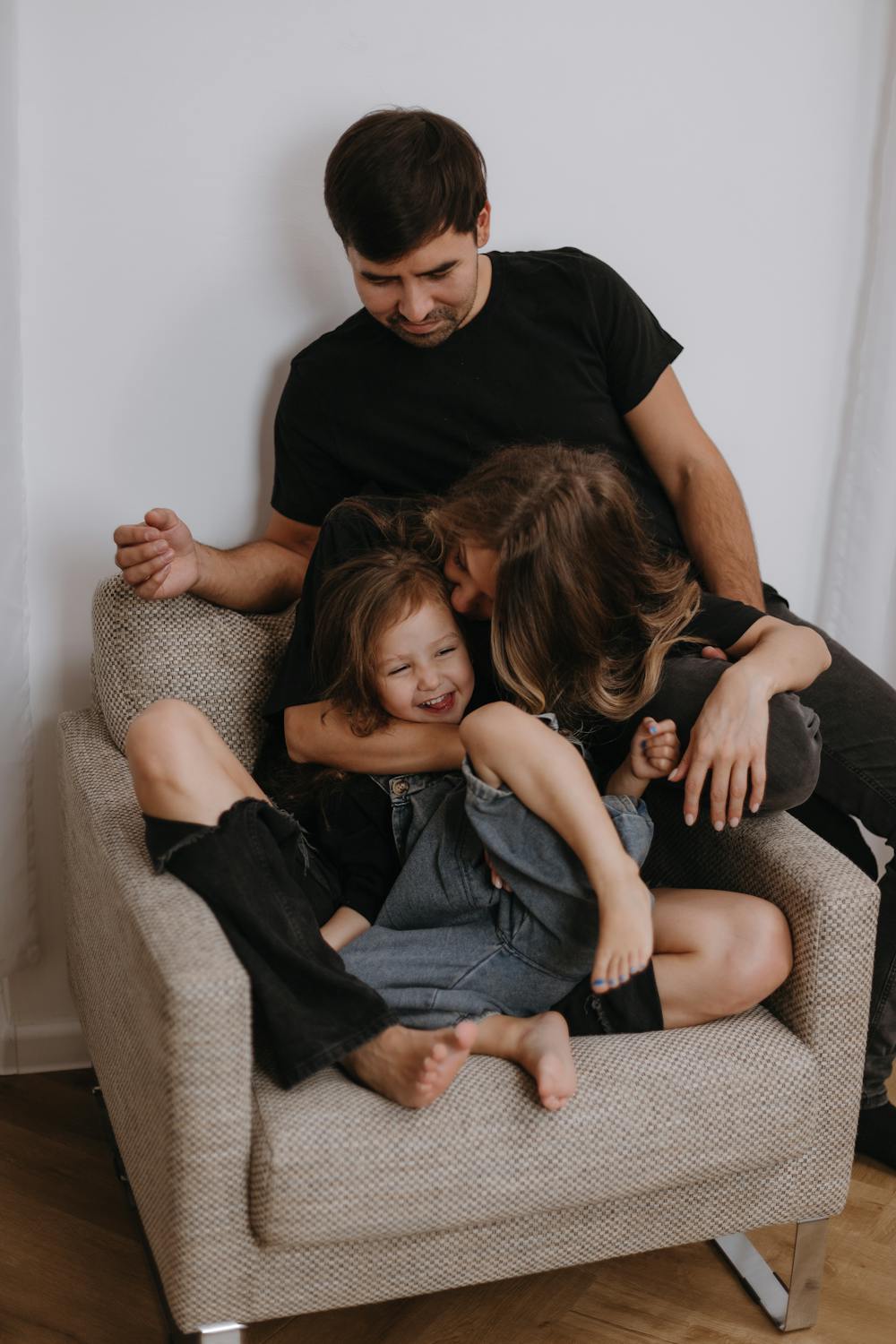
Once, during prom, I called Daniel in a panic, struggling to breathe and feeling overwhelmed. Without hesitation, he told me to stay put and said he was on his way, showing up in casual clothes to drive me home with the windows down and soothing music playing softly.
Later, before college, when tuition unexpectedly rose, tears streamed down my face as I feared giving up my dream school. Mom looked scared, but Daniel nodded silently and promised to find a solution. He took on consulting work that week and didn’t tell me until the payment cleared. “Don’t thank me,” he said. “You’ve earned this.”

That was Daniel: quietly dependable and unwaveringly supportive.
Although I never voiced it aloud, I constantly felt, He is my true dad.
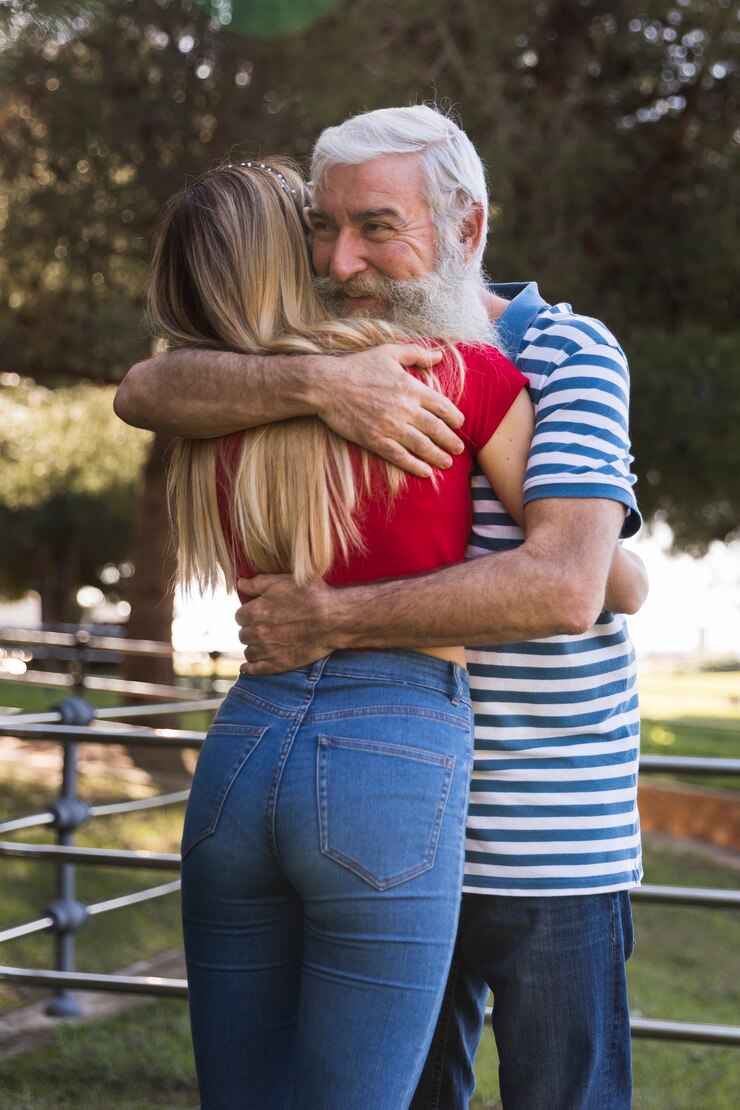
Upon my engagement, Daniel kept his reactions understated. He smiled warmly, embraced me tightly, and simply said, “He’s a lucky guy.”
One afternoon, while Mom and I browsed wedding venues on my laptop, Daniel quietly joined, observing for a moment then waiting until Mom left to refill coffee before softly offering, “I want to make sure your day is everything you deserve. Let me handle it.”
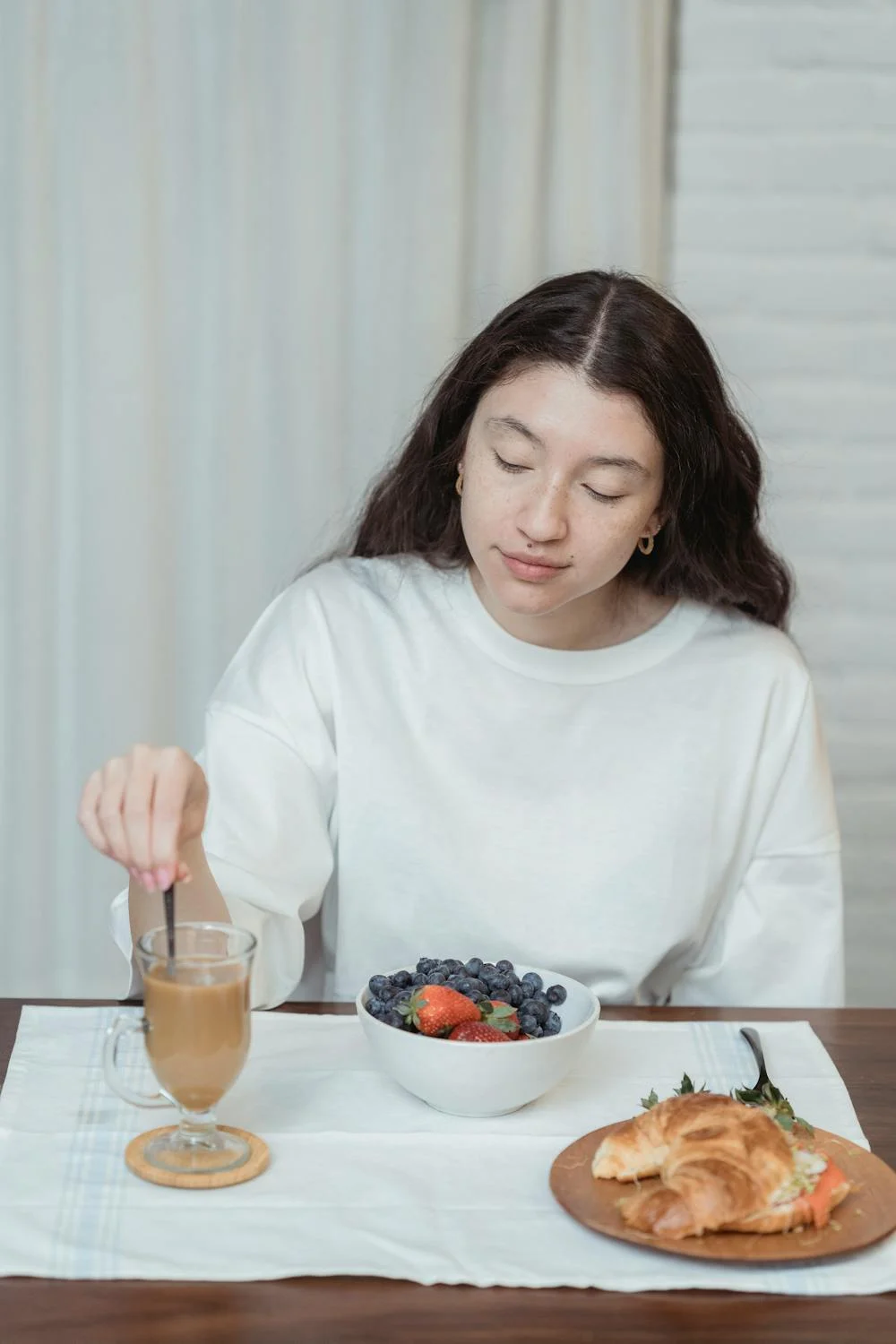
I was overwhelmed. “Daniel, that’s so much.”
He dismissed my concerns with a wave. “You only have one wedding. It should be perfect.”
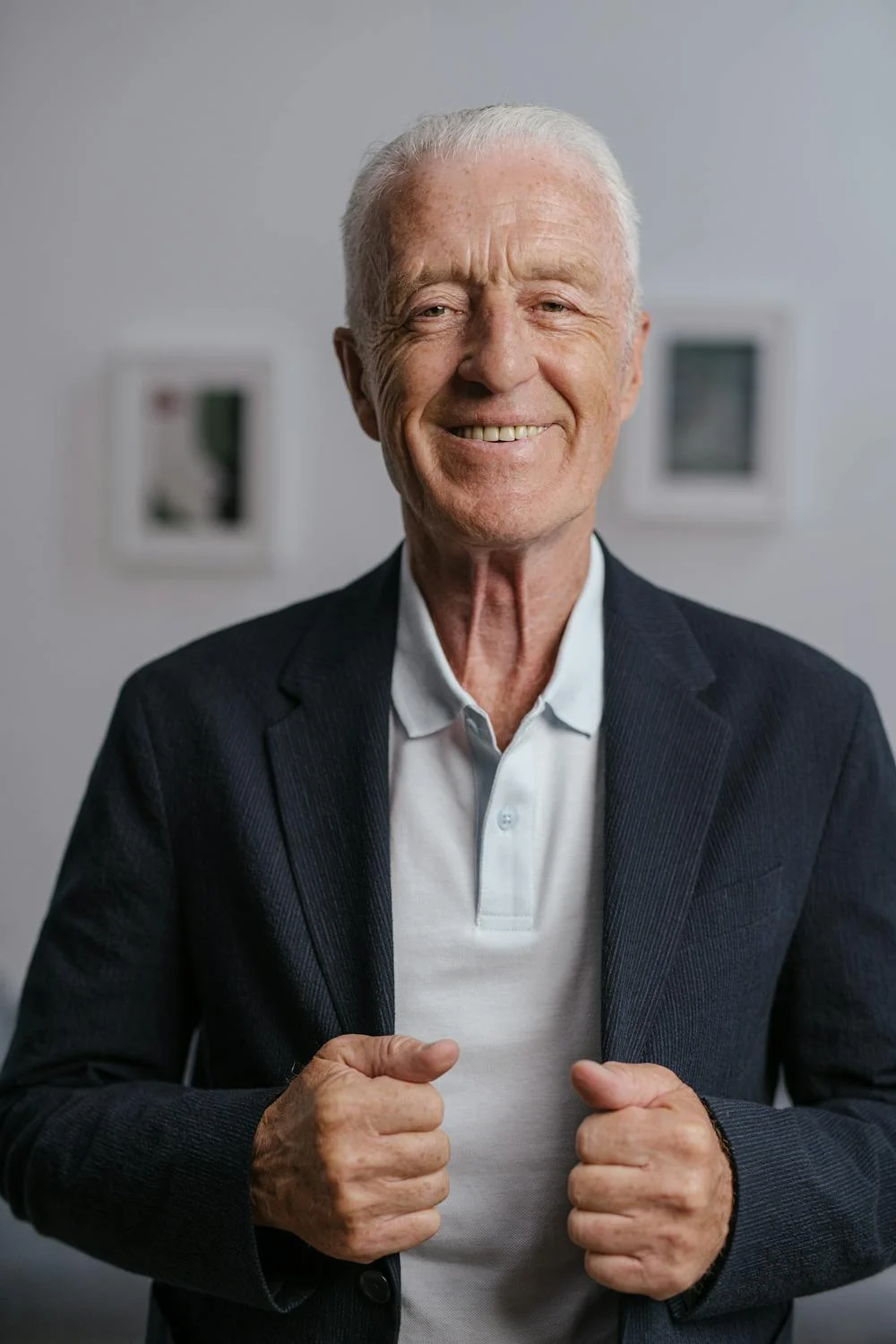
True to his word, Daniel covered everything: the dress I’d cherished from the first fitting, the venue, catering, floral arrangements, and the photographer capturing priceless moments. Whenever I offered to help with expenses—even small items like shoes or invitations—he’d just smile and reply, “This is my gift to you.”
When I asked if he would walk me down the aisle, he hesitated briefly, his eyes reflecting thought.

“I’d be honored,” he softly said, “but I don’t want to cause drama. This day belongs to you. If it complicates things, I’ll step back.”
His grace in that moment was profound, placing my happiness above all else. Meanwhile, my biological father never inquired about the wedding details or offered support—not financially or emotionally.

When I texted him the specifics, he replied three days later with a curt, “Cool. Bringing someone. Hope that’s fine.”
No caring questions. No emotional connection.
He did show up—late—with a stranger and a drink already in hand. When he raised his glass, an unsettling chill passed over me.
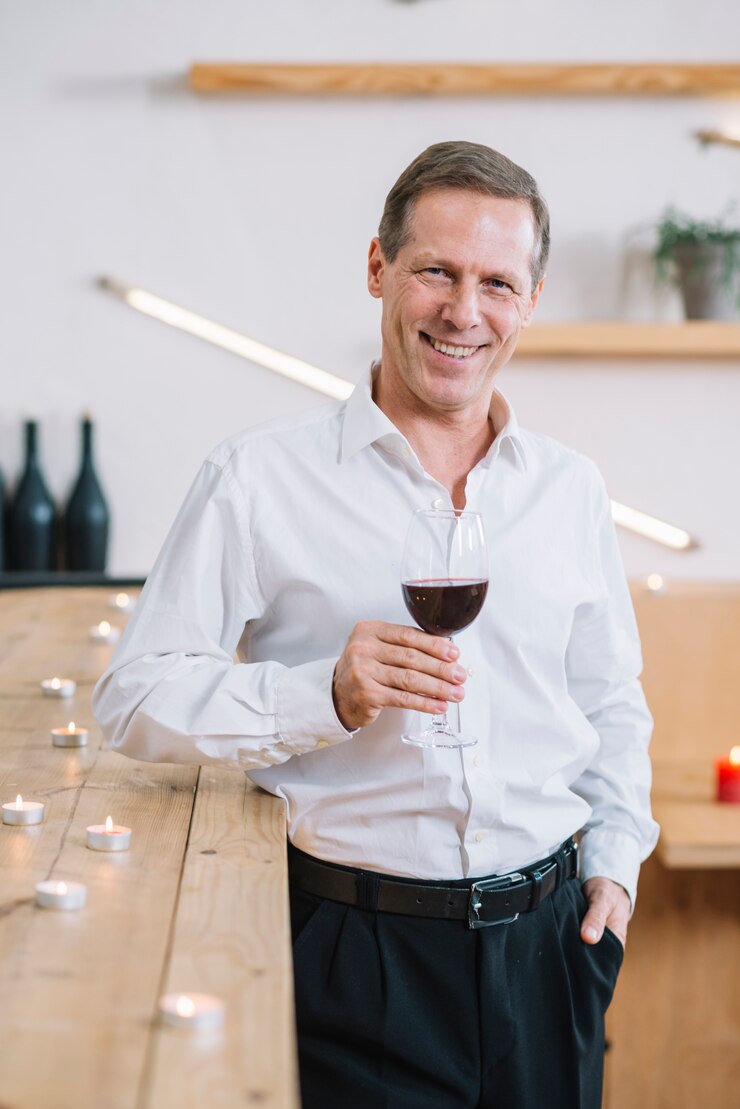
For a long pause, no one reacted. Then sporadic applause arose, possibly out of politeness or confusion. My stomach churned.
Daniel sat still, staring down at his lap. The napkin he’d been folding earlier was clenched tightly; his knuckles whitened.
I scanned the crowd: my husband looked uncertain, Mom avoided eye contact, and silence filled the room, heavier than the speech itself.
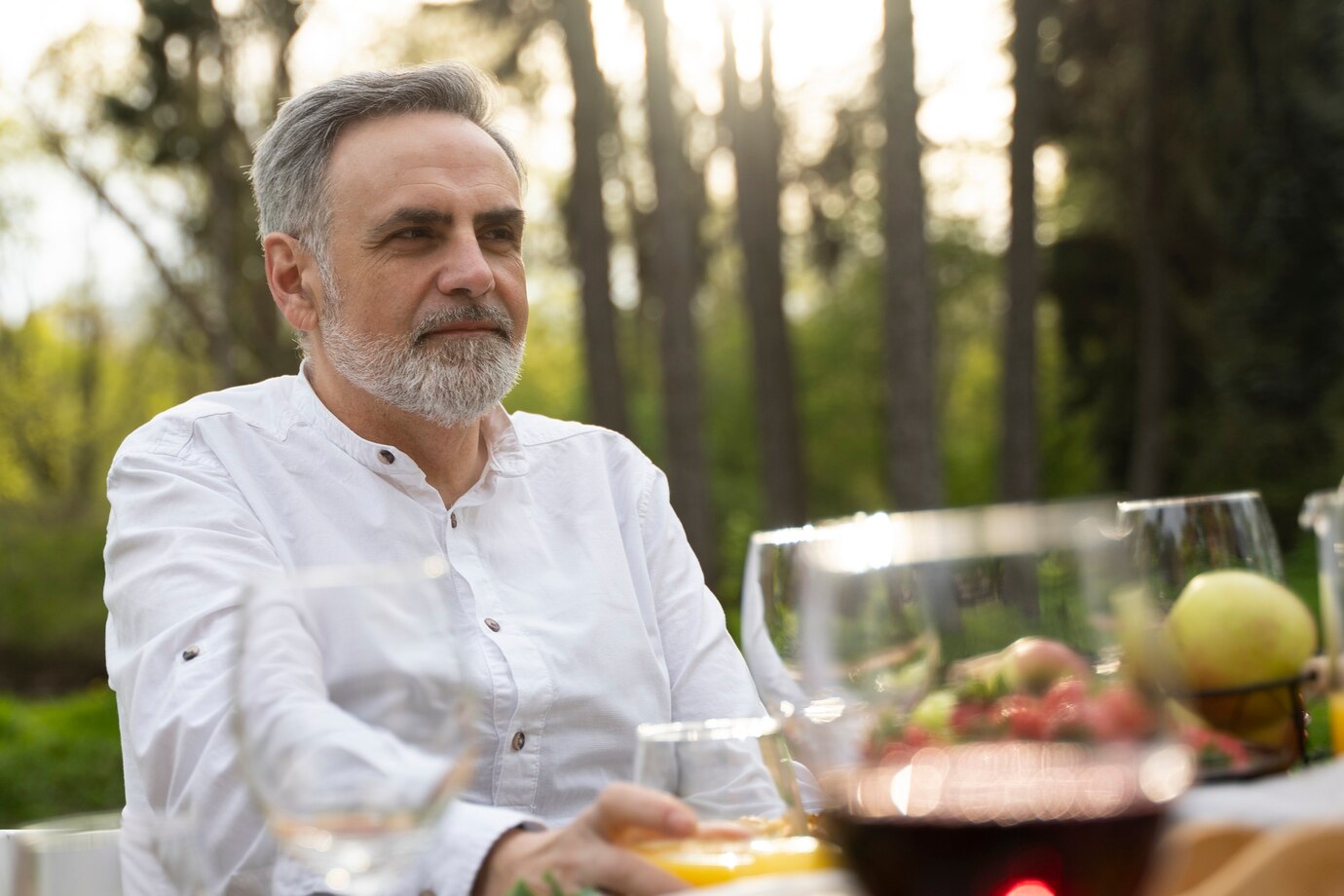
A tightening in my chest quelled my prepared words. The atmosphere shifted; my carefully crafted gratitude felt hollow now.
I stood abruptly without a microphone or note, simply facing everyone to reveal an honest truth that had long been unspoken.

“Hello,” I began, my voice betraying a tremor but growing stronger. “Thank you all for being here—today and for all the years prior.”
Heads turned; conversations hushed as eyes fixed on me.

“I want to express deepest gratitude to the man who truly brought this day to life.” I paused to meet Daniel’s gaze. “The one who was always there—never missing a birthday, late nights helping with science projects, stepping in as soccer coach, and working extra hours so I could attend college.”
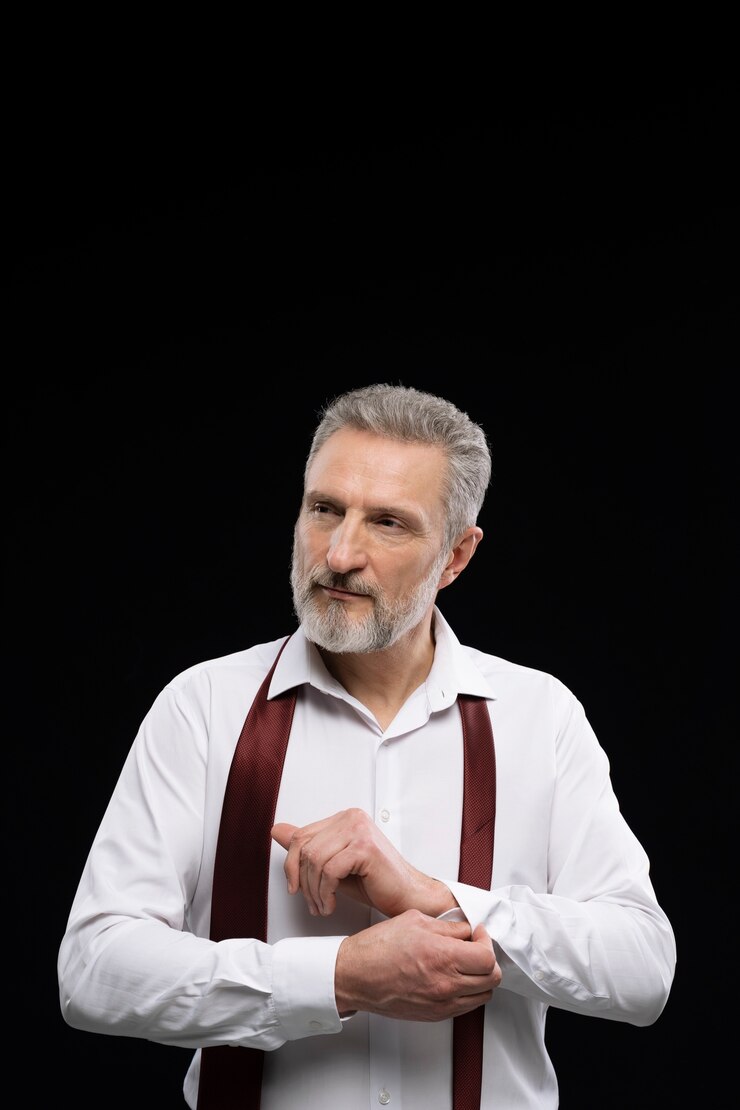
“This is the man who quietly gave everything, never demanding recognition or delivering speeches but making an impact every day.”
Approaching him, I added, “Dad, this celebration was possible because of you. I love you.”
His eyes welled with tears, which traced gentle paths down his cheeks as my mother clasped his hand. A few onlookers dabbed their eyes; soft applause emerged, growing steadily throughout the room.

Wrapping my arms around Daniel, I felt his quiet strength—no words needed. Behind me, my biological father avoided eye contact, silently staring into his glass, never speaking again that night.
In that instant, a burden I had carried for years lifted, replaced by profound relief.
In summary, this experience revealed how sincere love and support can come from unexpected places. While biological ties may falter, steadfast presence and quiet sacrifices define true parenthood and create lasting impact.
